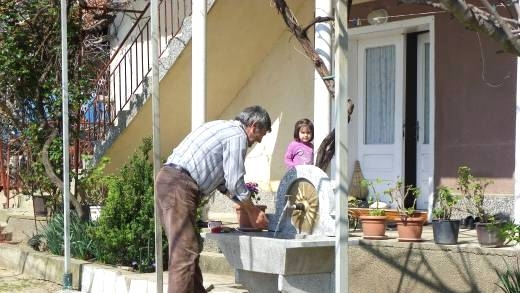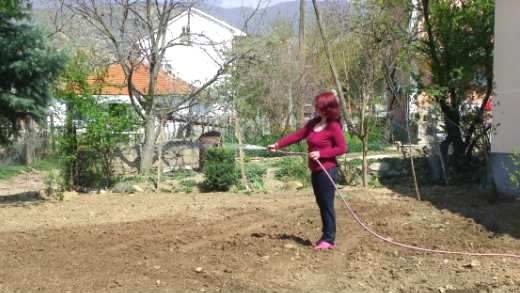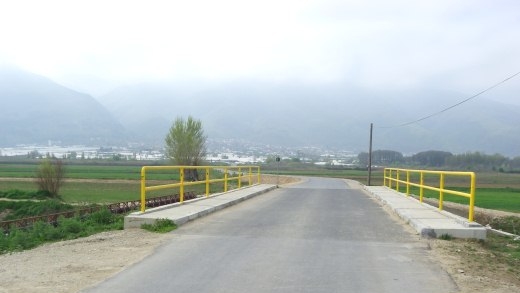Farmer Trajco Prodanov returns to his home every afternoon in the Macedonian village of Chanaklija after long hours of plowing his fields.
Each moment at work represents sorely-needed income, so no longer having to worry about collecting water for his household is a big relief, he says.
“When we didn’t have the water system, we had to leave our work in order to fetch water. Since last year we have water at home. It saves us a lot of time. It is life. We can have water whenever we want it,” he says.
Prodanov and others in his village benefited from a municipal services program, which installed a new water supply system in their area in the Former Yugoslav Republic of Macedonia.



